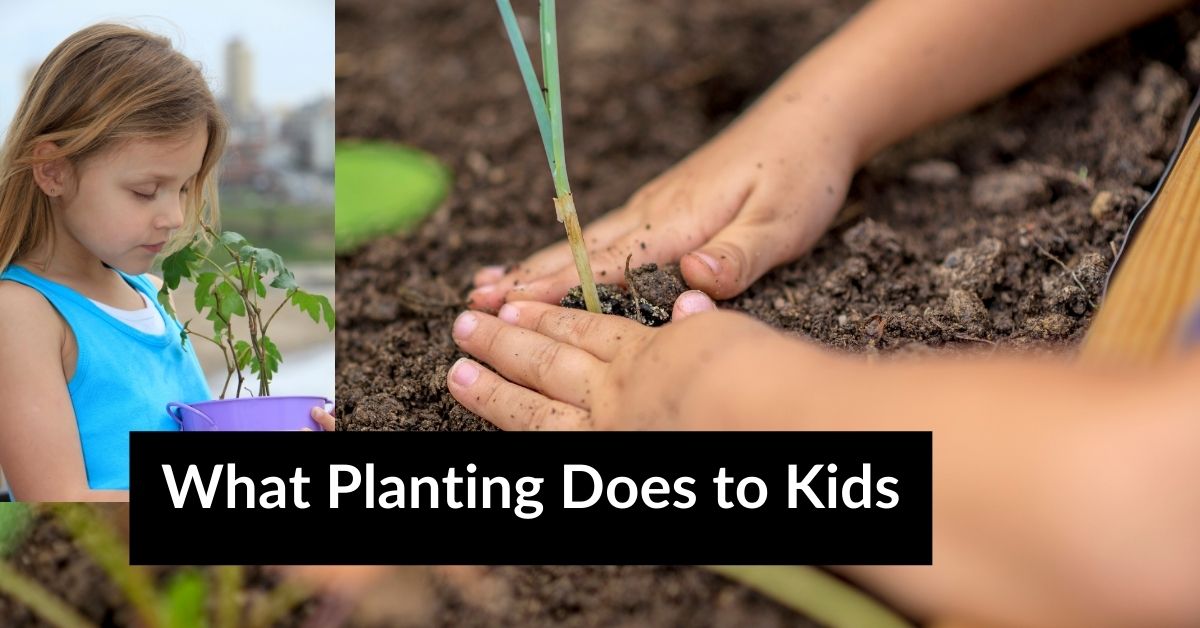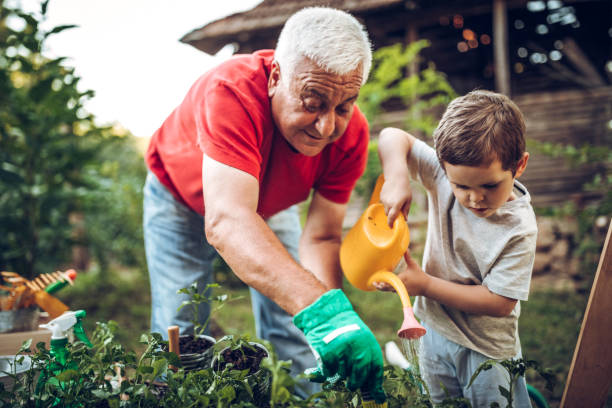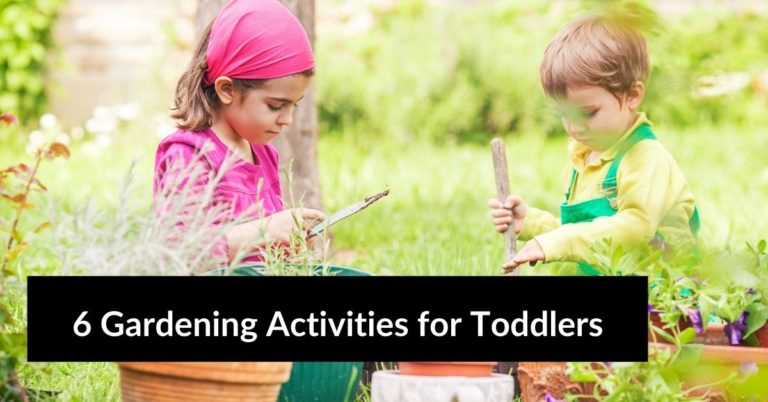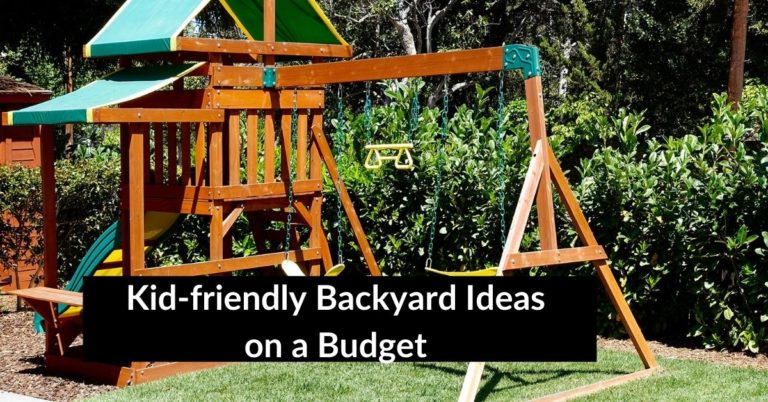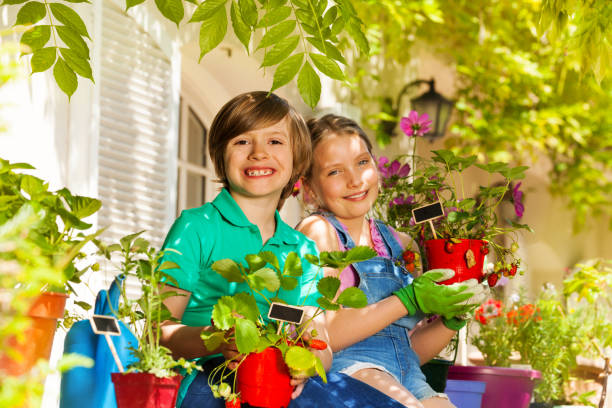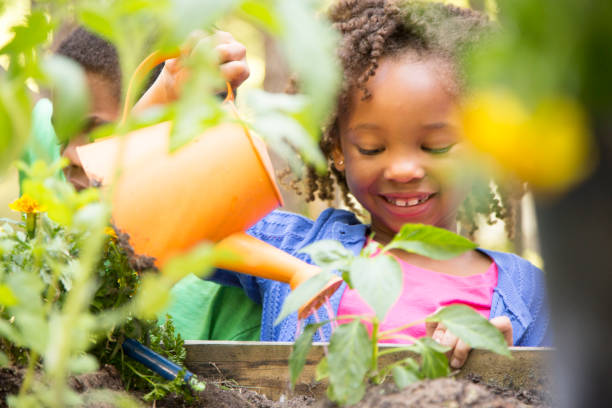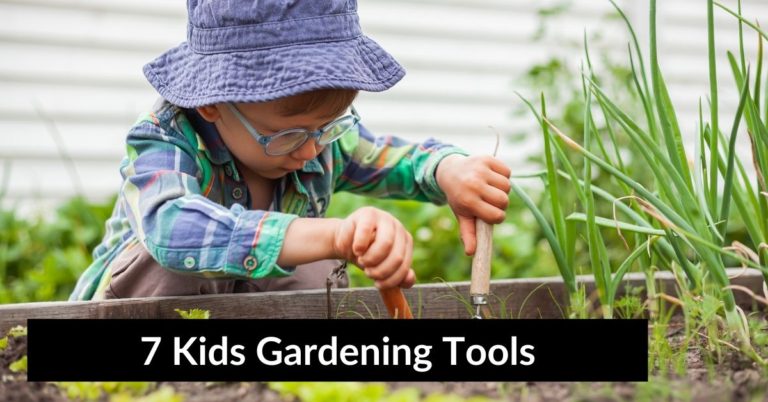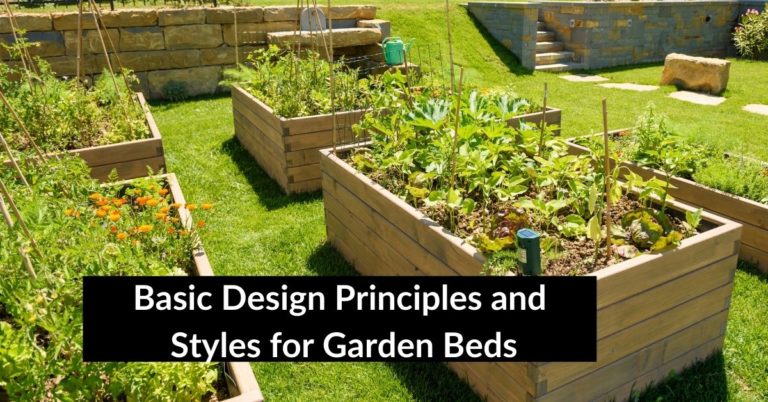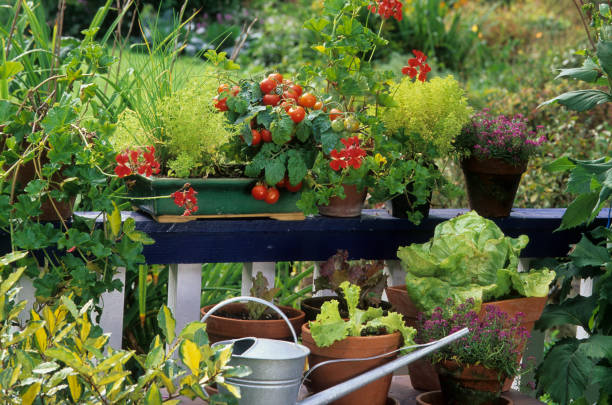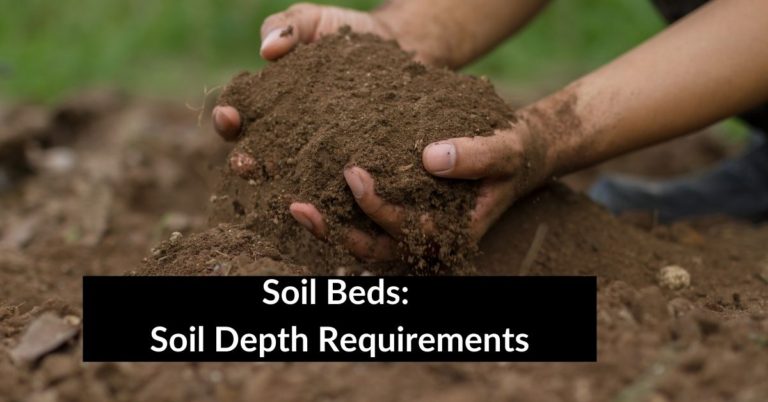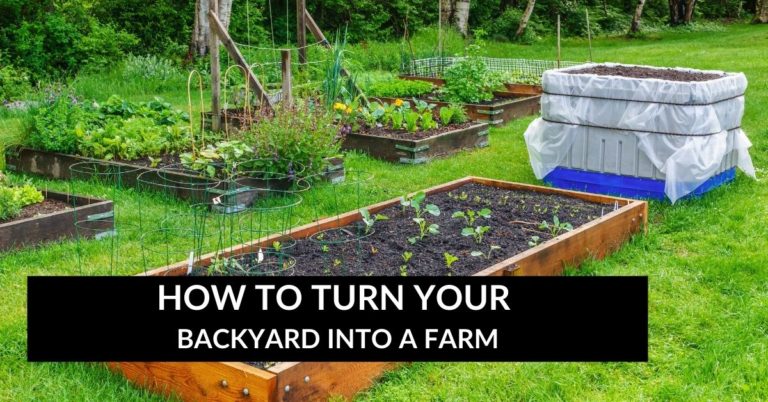What Planting Does to Kids
This post contains affiliate links. This means I will make a commission at no extra cost to you should you click through and make a purchase. Read the full disclosure here.
Plants play a crucial role in our lives. They not only beautify our surroundings but also contribute to our physical and mental well-being. In recent years, there has been a growing interest in exploring the positive impact of planting on children. This article aims to delve into the various ways in which planting can benefit kids. From fostering a sense of responsibility to promoting creativity and environmental awareness, let’s uncover the remarkable effects that gardening can have on children’s lives.
The Importance of Planting for Kids
Children are naturally curious and eager to explore the world around them. Introducing them to planting at an early age can have a profound impact on their growth and development. Engaging in gardening activities offers numerous benefits that extend beyond just learning about plants. It provides a hands-on experience that nurtures a range of skills, fosters creativity, and encourages a deeper connection with nature.
Enhancing Responsibility and Nurturing Skills
When children are involved in planting and taking care of plants, they develop a sense of responsibility. They learn the importance of nurturing and taking ownership of their actions. By watering, weeding, and ensuring proper sunlight, they understand the significance of consistent effort and the rewards it brings.
Encouraging Physical Activity and Outdoor Engagement
Planting involves physical activity and encourages children to spend time outdoors. It provides an opportunity to get their hands dirty, engage their muscles, and improve coordination. Whether it’s digging soil, carrying pots, or planting seeds, these activities promote a healthy lifestyle and reduce sedentary behavior.
Stimulating Creativity and Imagination
Gardening is an excellent outlet for children’s creativity and imagination. They can design their own miniature gardens, create unique plant arrangements, or even paint and decorate plant pots. Such activities allow them to express themselves artistically and develop a sense of aesthetic appreciation.
Cultivating Patience and Emotional Well-being
Planting teaches children the value of patience and delayed gratification. As they witness the gradual growth and transformation of plants, they understand that good things take time. This instills a sense of perseverance, resilience, and emotional well-being, as they learn to nurture and wait for the fruits of their labor.
Promoting Environmental Awareness and Sustainability
By participating in planting, children develop a deep respect and understanding for the environment. They learn about the importance of conserving natural resources, reducing waste, and protecting biodiversity. These lessons shape their attitudes and behaviors towards sustainable practices, contributing to a greener future.
Boosting Cognitive Development and Learning
Engaging in planting activities offers numerous opportunities for cognitive development and learning. Children learn about the life cycle of plants, scientific concepts like photosynthesis, and the interdependence of living organisms. Through observation, experimentation, and problem-solving, they enhance their critical thinking and analytical skills.
Strengthening Family Bonds and Social Connections
Planting can be a shared activity for the whole family. It provides an opportunity for parents and children to spend quality time together, fostering stronger family bonds. Moreover, gardening clubs, community gardens, or school planting projects enable children to interact with peers, cultivating valuable social connections.
Building Confidence and Sense of Achievement
As children witness their efforts translate into visible growth and flourishing plants, they experience a sense of achievement. Planting offers tangible outcomes, boosting their confidence and self-esteem. By witnessing the impact of their actions, children develop a positive mindset and a belief in their ability to make a difference.
Instilling Healthy Eating Habits
Planting fruits and vegetables empowers children to understand the origin of food and make healthier dietary choices. They can grow their own fresh produce, experiencing the joy of eating what they have cultivated. This hands-on experience encourages them to embrace a well-balanced diet and appreciate the value of nutritious food.
Fostering Curiosity and Exploration
Gardening opens up a world of curiosity and exploration for children. They can learn about different plant species, understand the conditions required for their growth, and explore the wonders of nature firsthand. This encourages their inquisitive nature, sparks a love for learning, and nurtures a lifelong passion for the natural world.
Developing Problem-Solving Skills
Planting often presents challenges and problems that require creative solutions. Children learn to adapt to changing conditions, tackle issues like pests or diseases, and find innovative ways to ensure plant growth. This problem-solving mindset extends beyond gardening and equips them with valuable skills applicable in various aspects of life.
Supporting Stress Relief and Relaxation
Spending time in nature has a calming effect on the mind and body. Planting provides a peaceful and soothing environment for children, offering a much-needed break from the digital world and daily stresses. The act of nurturing plants can serve as a therapeutic outlet, promoting relaxation, and reducing anxiety.
Nurturing Empathy and Compassion
Through planting, children develop empathy and compassion for living beings. They witness the vulnerability of plants and learn to care for them. This understanding extends to other living creatures, fostering kindness, and empathy towards animals and fellow human beings.
Final Thoughts
Planting holds tremendous potential to positively impact children’s lives. It enhances responsibility, fosters creativity, promotes physical activity, and instills environmental awareness. By engaging in gardening activities, children develop a range of skills, build strong relationships, and experience personal growth. Let’s encourage our kids to embrace the wonders of planting, nurturing their connection with nature and fostering a brighter future.
FAQs
Is gardening suitable for children of all ages?
Yes, gardening can be enjoyed by children of all ages. Younger children can participate in simple tasks like watering and planting seeds, while older children can take on more complex gardening activities.
Can gardening be done in small spaces like apartments?
Absolutely! Gardening can be adapted to fit various spaces. Even in apartments, children can engage in container gardening, vertical gardening, or even create indoor gardens with potted plants.
How can planting help children with special needs?
Planting offers a sensory experience that can be especially beneficial for children with special needs. It provides a therapeutic outlet, stimulates their senses, and encourages their engagement with the natural world.
Are there any safety precautions to consider when gardening with children?
While gardening is generally safe, it’s essential to teach children about potential hazards like sharp tools, thorny plants, or toxic substances. Supervision and age-appropriate tools are necessary to ensure their safety.
How can parents encourage their children’s interest in planting?
Parents can start by involving children in simple gardening activities, allowing them to choose plants they find interesting, and celebrating their achievements. Visiting botanical gardens or attending gardening workshops can also inspire their interest.

